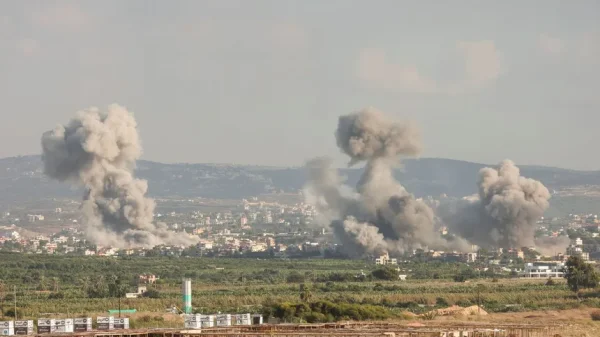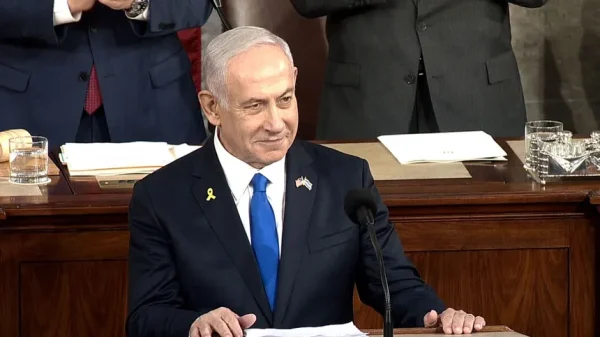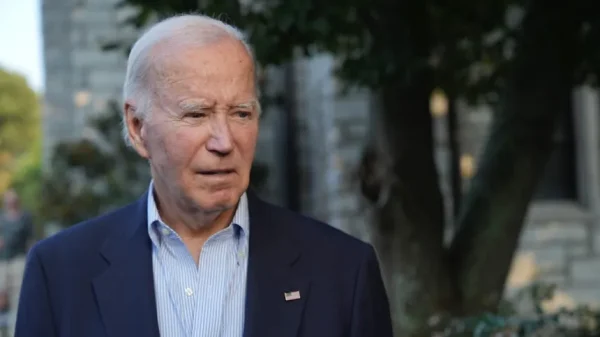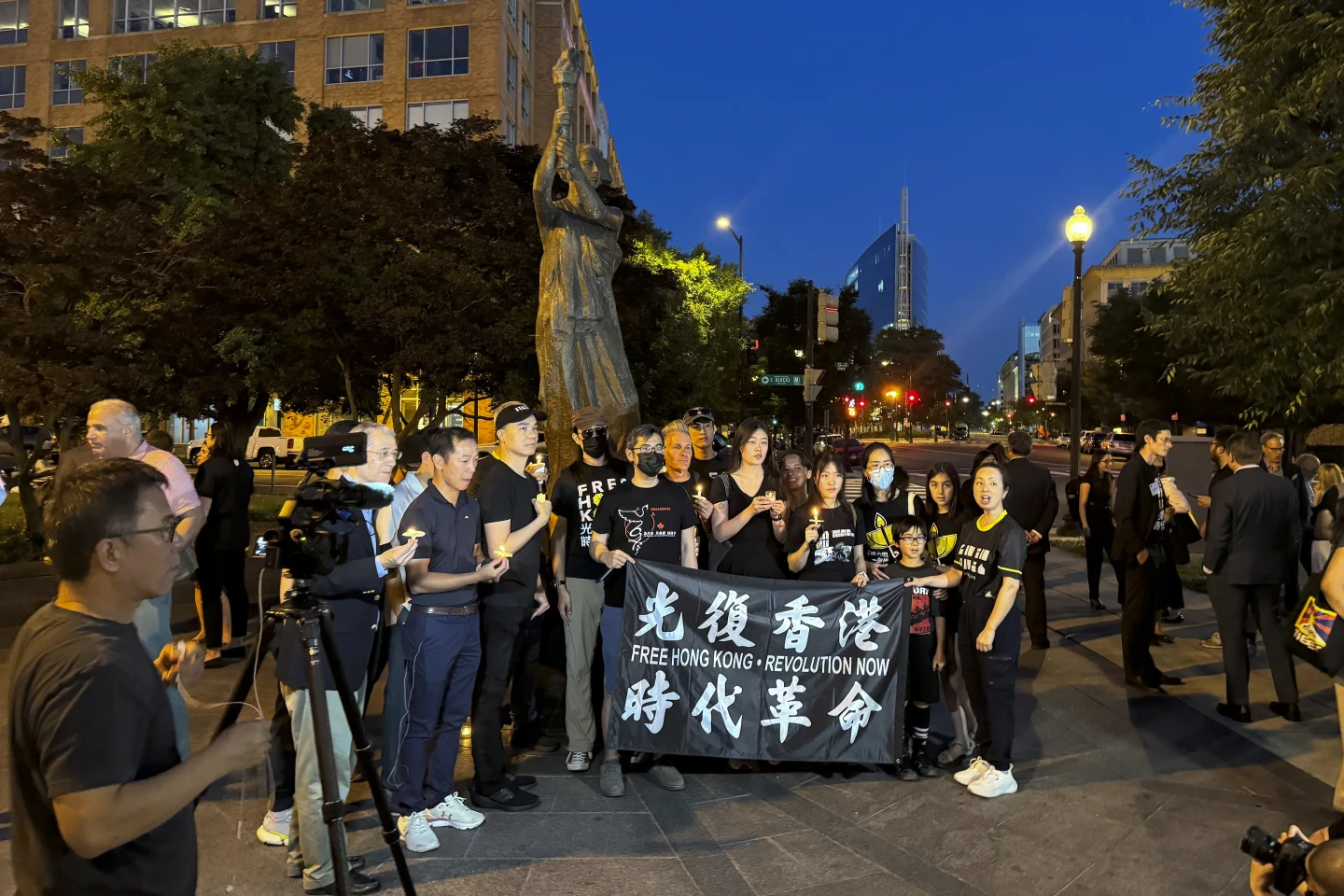On Tuesday, members of the U.S. Congress criticized the Chinese Communist Party for its violent suppression of peaceful student protests 35 years ago in Beijing’s Tiananmen Square, emphasizing that the party remains just as oppressive today as it was in 1989.
Rep. Raja Krishnamoorthi, a leading Democrat on the House Select Committee on the Chinese Communist Party, cautioned that current Chinese leader Xi Jinping could resort to violence, similar to past leaders, to achieve political aims.
“We must remember that when Chairman Xi Jinping speaks of cracking down on dissent and separatism, he is signaling that the party is prepared to use force against those advocating for freedom,” Krishnamoorthi said, referencing the iconic image of a lone protester confronting a line of tanks.
The commemorations, which included former student leaders from Tiananmen and younger activists from mainland China and Hong Kong, coincide with a shift in U.S. policy towards China—from engagement to competition aimed at countering China’s expanding influence, viewed by the U.S. as potentially disruptive to global stability.
The two nations are also in conflict over China’s military activities in the South China Sea and its increasing threats towards Taiwan, a self-governed island.
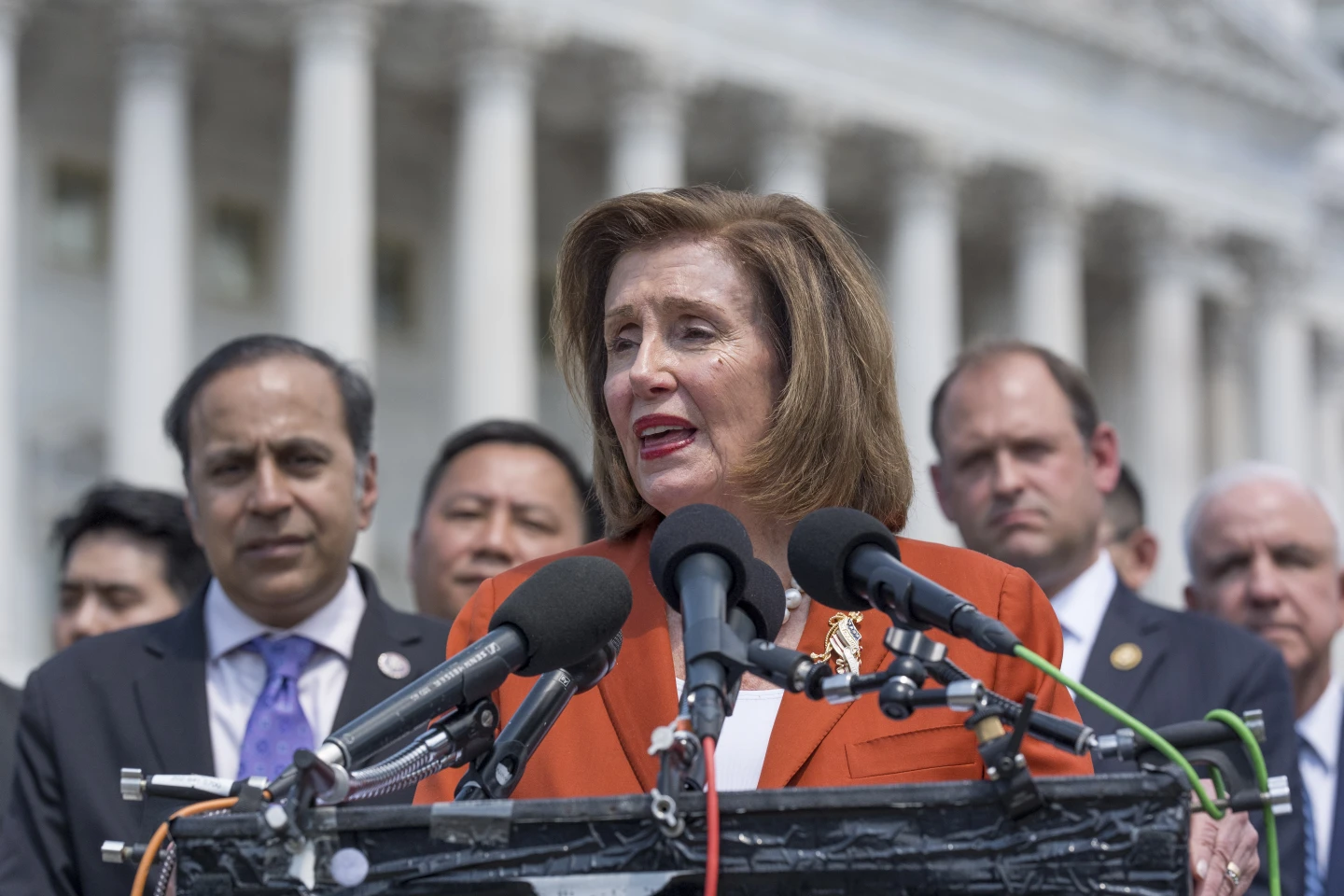
Nancy Pelosi (Via Tyson Lambert/Getty Images)
“This historical event remains central to the U.S.-China rivalry,” noted political commentator Guo Baosheng, reflecting on the Tiananmen protests and the casualties resulting from the military crackdown.
In Washington, the commemorations included a candlelight vigil near a replica of the Goddess of Democracy statue, originally erected in Tiananmen Square during the 1989 protests, marking part of global efforts to remember the significant event.
Conversely, in China and Hong Kong, commemoration of the Tiananmen crackdown remains strictly prohibited following Beijing’s imposition of a national security law in 2020.








